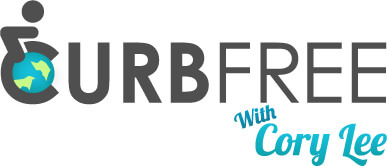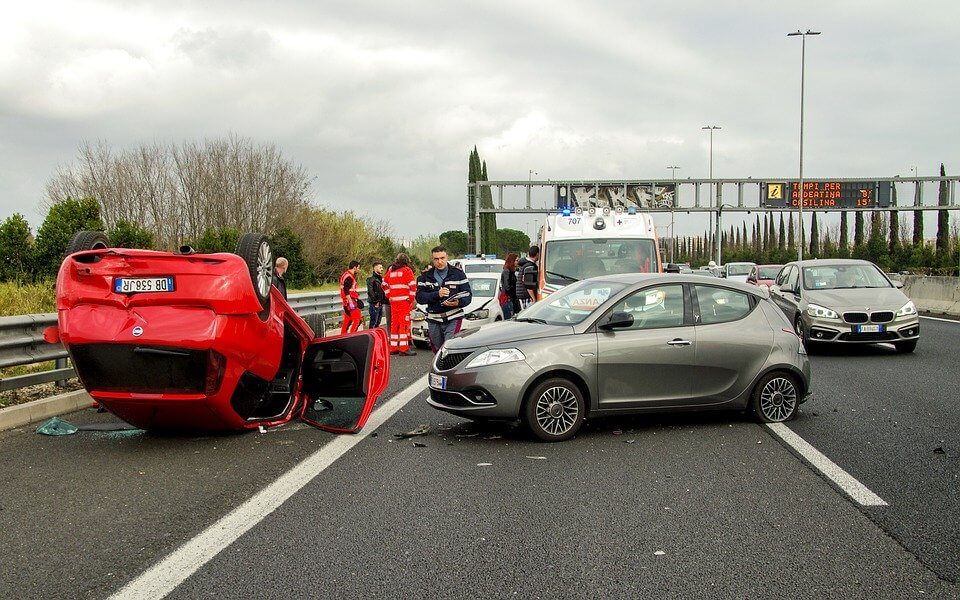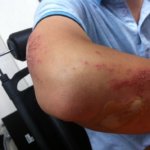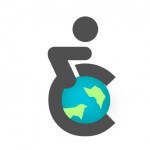Whether you’re spending the summer in Europe or driving around a Caribbean island on a weekend trip, there is a distinct possibility that you will get into a car accident. However, the rules for everything from driving to insurance vary from country to country. Here is a general overview of what to do if you have a car accident while traveling abroad.
Stop and Render Aid
In many countries, you’re legally required to stop and render aid if there is an accident. This means it is a crime to hit someone and drive off even if you think they’re OK. Stop the car, pull over where it is safe to do so, and check on the other vehicle. Call for help if it is necessary.
The phone number you use to call for emergency services does vary from country to country. In the United States, it is 911.In parts of the European Union, it is 112. Another common option is 999. This is why many GSM phones have 999, 911 and 112 preprogramed in for emergencies. Know the emergency numbers for the country you are visiting before you hit the road.
Exchange Information
This may be challenging if there is a language barrier. That is why we’d recommend taking photos of the other person’s driver’s license and insurance information instead of trying to write it down. This ensures that you won’t write down the Polish word for driver’s license as their name, a mistake even many Irish police have made.
Document Everything
Take pictures of the other person’s vehicle. Make certain that you get a picture of their license plate and any identification markings on the car like a VIN number. Try to get pictures of the people involved. This could help you confirm the identity of witnesses at a later date. It also helps prove the extent of their injuries when the accident occurred. It is far harder for them to claim severe disabling injuries if they were recorded walking around the car immediately after the accident.
When you’re dealing with foreign police, you’re dealing with a foreign legal system. Be honest when talking to the police. Keep your statements short and to the point. Keep emotion out of it as much as possible. Don’t try to apologize or justify what you did, because it could be taken as proof that you’re responsible. Take pictures of the police and their badges, because this helps you to identify the officers involved later. For example, you can ask the police to give you the police report filed by the officer based on their badge number though you don’t remember their name.
Consult with an Attorney
Look for an attorney for a car accident case in the country you’re visiting. They can help you understand the implications of any traffic citations you received. You’ll learn what you need to do if the car has been impounded or if criminal charges have been filed, such as when you’re accused of drunk driving. Talk to an auto accident attorney before you attempt to file a car insurance claim. Consult with a legal expert before you sign anything or accept money.
.
.







